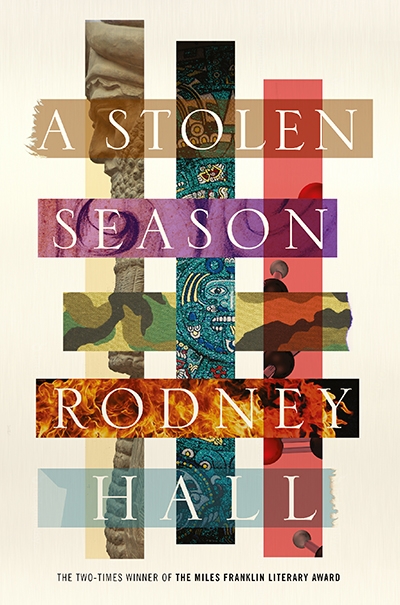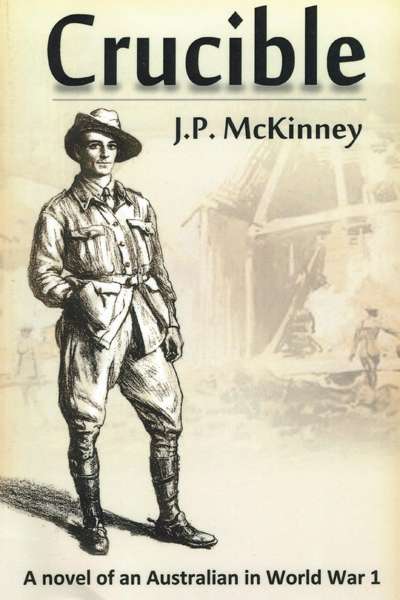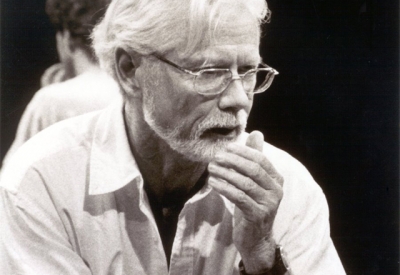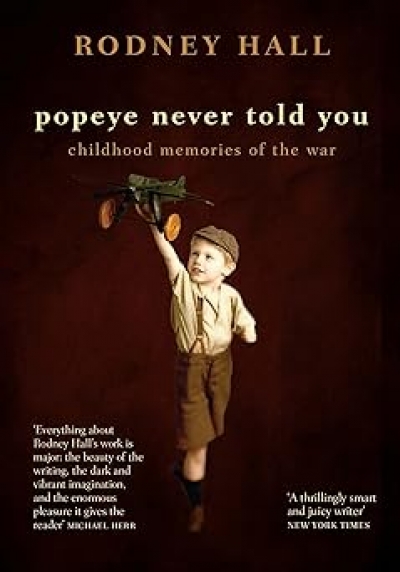Rodney Hall
Early success is no guarantee of a book’s continued availability or circulation. Some major and/or once-fashionable authors recede from public consciousness, and in some cases go out of print. We invited some writers and critics to identity novelists who they feel should be better known.
Crucible: An Australian First World War novel by J.P. McKinney
by Rodney Hall •
Crucible: An Australian First World War novel by J.P. McKinney
I write for a reader, any reader – just one – who is willing to participate on a creative level in the experience of my book. I do not plan my novels, and I think if I ever did I would lose interest in finishing them. Nor do I ever alter the order in which the narrative unfolds. Otherwise, how would I keep track of what my reader knows and doesn’t know? I don’t care about plot. Instead, the aim is to transmogrify experience. What drives me is the music of the sentence. It’s all about a shared energy with the reader. That’s what fires me up.
... (read more)Mike heaves the window down to slam it shut, and Di comes running across the carpet just in time to see the whole town change into black chimneys and glass flashes and this one WOW! comes so close i duck and the windows rattle and i see weird rooms over there like bright toilets and rooms with cupboards and enormous shadows flicker on the wallpaper, but im not ...







